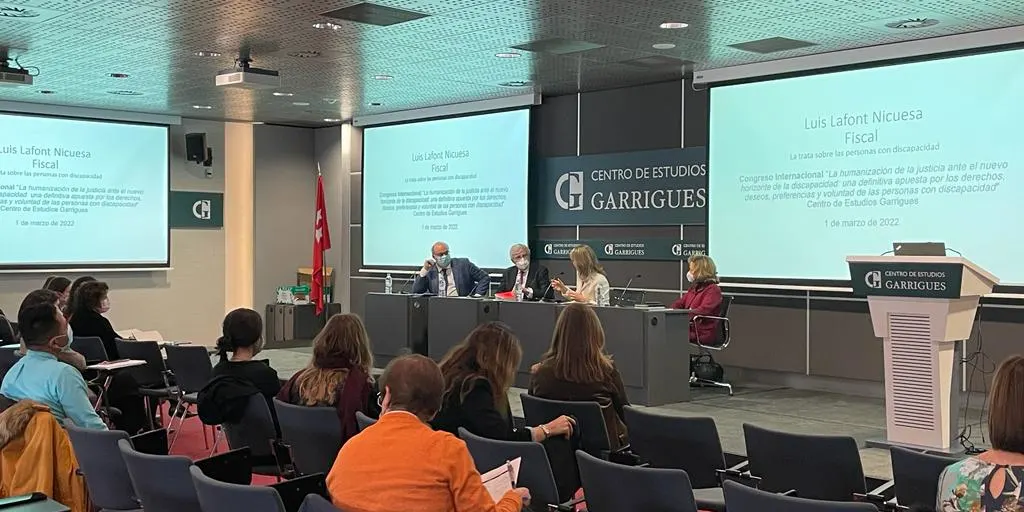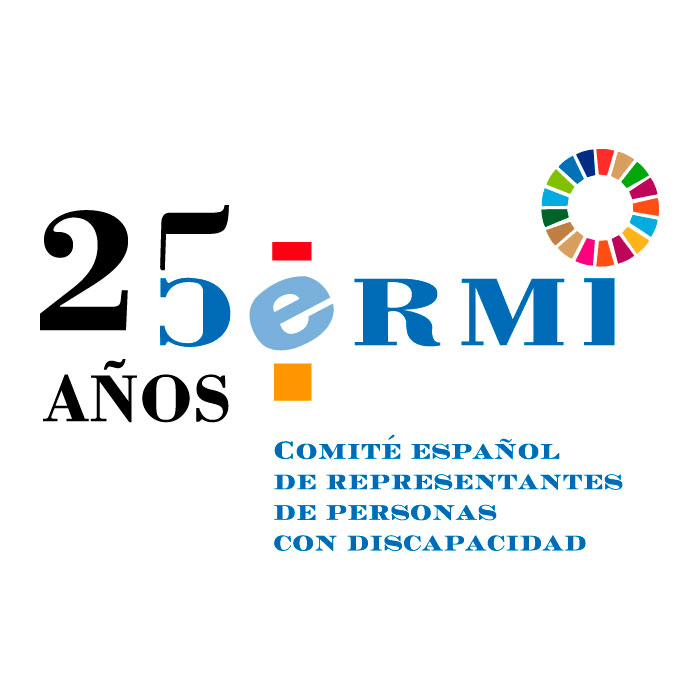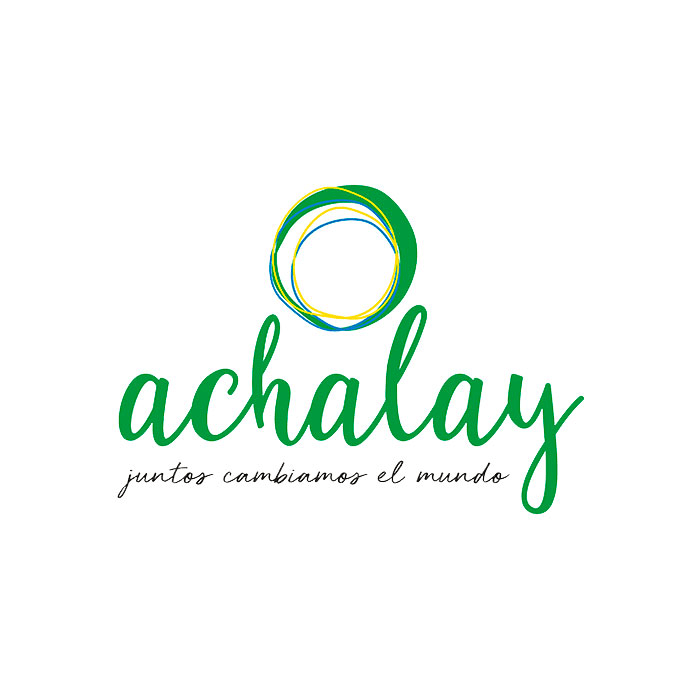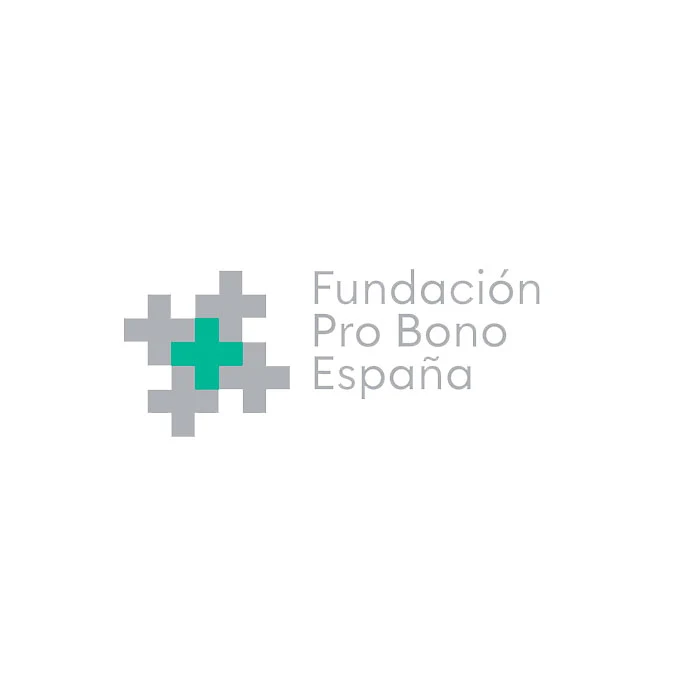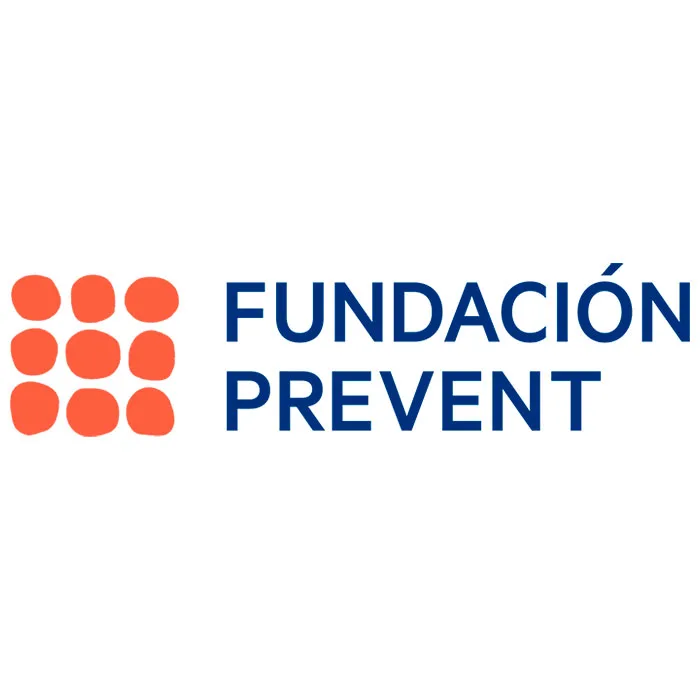


What is the legal clinic?
The idea of creating clinics in the legal field is based on the important educational role that clinics play in medical schools. In much the same way as in health care, the most effective way to teach law students about the various legal disciplines is to put their theoretical knowledge into practice with real clients and real cases: learning by doing. It is in this context that they develop the specific competencies and skills that they will need in their future careers.
In general, legal clinics deal with a wide range of topics: protecting human rights, consumer rights, and the rights of the most vulnerable segments of society; advising small and medium-sized enterprises; defending the rights of immigrants; collaborating with law firms on pro bono work; tackling environmental issues, etc. The search for a solution or the right decision in such matters requires a methodology and a procedure for identifying, analysing, and reflecting on the values, rights, duties, and rules at stake.
At the Centro de Estudios Garrigues Legal Clinic, our focus is on people with disabilities and their legal protection. Our main objective is to work with institutions that provide protection for these groups and to make ourselves available to collaborate with them on matters on which they may require legal advice or support.
In view of the economic and social circumstances brought about by the COVID-19 pandemic, our legal clinic is a valuable platform to offer our services and help those who are most vulnerable and impacted by this crisis.
Areas of work
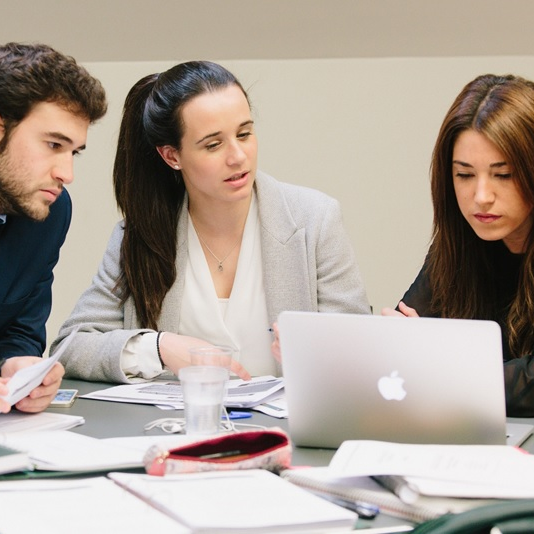
The clinic methodology is intended to give law students access to real practice, making them active protagonists in their training process. Self-learning is the guiding principle of university training. This approach, while reinforcing the students’ theory-based learning, enables them to develop specific deep skills that are essential to litigation, negotiation, and legislative or jurisprudential practice. All under the supervision of faculty members who are experts in each subject and in real, multidisciplinary situations with real impact on society. The goal is to learn how to learn, and to teach what can be learned effectively and in a real context. In the words of Dr Marañón, learning is not ‘receiving facts and committing them to memory, but knowing how to seek them out for oneself, knowing how to evaluate them, doubting them when necessary, and even gladly dispensing with what seemed to be the truth’. From this point of view, facts are the essence of clinic-based learning.
Some of the defining features of the pedagogical and social role of legal clinics are:
- learning based on real experience;
- acquisition of deep professional skills;
- use of active teaching methods;
- development within the university and under strict supervision;
- value-based training with public interest and the common good at its heart.
The result is well-trained and competent lawyers who, in addition, learn values and are sensitive to the problems around them, aware of their transformative role, humanising the legal profession. All over the world, universities are incorporating the clinic component in the training of their students as a vital and differentiating element.
Law 34/2006, of 30 October, on access to legal practice provides that the evaluation of legal training for lawyers must accredit ‘knowledge of the deontological and professional rules’ (article 4.2, in conjunction with article 7). The benchmark, therefore, must be education based on two basic pillars: exercising the legal profession with integrity and acting on the basis of knowledge and social awareness.

- The objectives of the legal clinic include fostering active learning on the part of the students involved through advising and supporting organisations working with the legal clinic;
- training professionals with values, solidarity, and social awareness;
- raising students’ awareness about current social and legal circumstances;
- promoting social spirit and social cooperation among the students working in the legal clinic;
- furthering the professional and personal growth of the students involved through applied legal research; and
- developing customer relations, teamwork, and legal research skills.
Meeting these objectives requires, first of all, a vocation of solidarity on the part of the students and professionals involved. Only then will it be possible to respond to a wide range of legal issues while providing personalised assistance to those who seek it, striving to understand their social and personal circumstances and their legal needs. It also requires a proactive attitude regarding the search for information, understanding the people seeking advice, and understanding the situation they are going through. It is therefore very important to be conscious of the responsibility we undertake when joining this project. A responsibility that is not merely professional but also — and indeed, mostly — a social one.


The students, faculty members, and professionals involved in the legal clinic and the pursuit of its objectives will engage in activities such as:
- providing legal advice and analysis, as well as studying issues related to the rights of people with disabilities;
- delivering seminars and lectures to raise awareness in the academic community about the situation of people with disabilities;
- reflecting on and researching issues related to Spanish and international legislation regarding people with disabilities;
- participating in train-the-trainer projects and delivering training talks in community centres;
- participating in subsidised research projects and publishing in leading journals;
- organising seminars, congresses, conferences, workshops, etc.;
- contributing to articles, papers, presentations, etc.;
- delivering basic legal training courses to the staff of organisations or other groups of people that could benefit from them;
- producing topic-specific and informative guides;
- maintaining a blog detailing the legal clinic’s activities and the work carried out;
- framing student’s dissertations in the study and resolution of problems currently relevant to society and in specific matters of interest to the organisations with which the legal clinic works;
- collaborating with leading institutions through framework agreements for curricular and extracurricular internships.
Any association, NGO, or collective that needs the services of our legal clinic may request our collaboration by filling in an application form online or sending it by email. The application should detail the reason for the consultation and the legal matter in question.
The legal clinics’ director will assess whether the application is compatible with our activities and, if so, assign it to a team.
Activity report
Contact us
Related news

